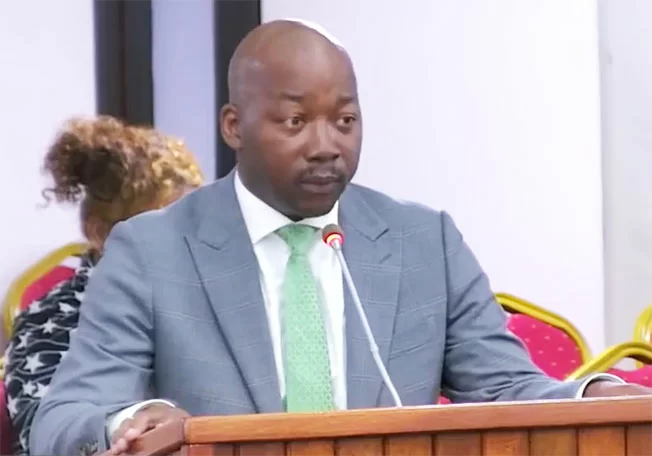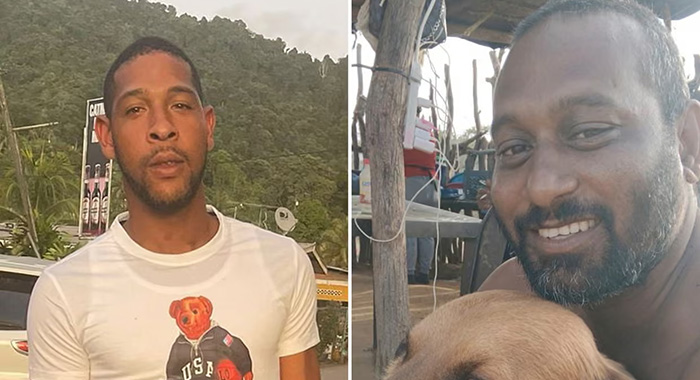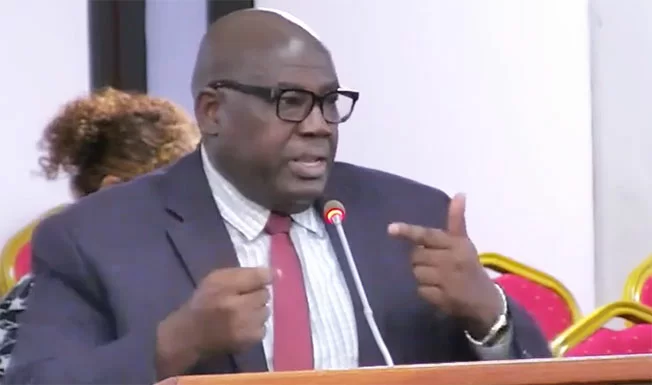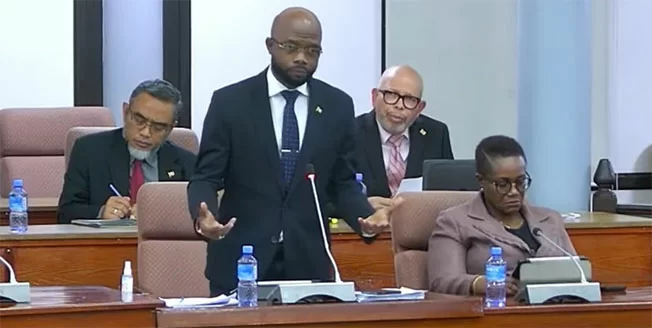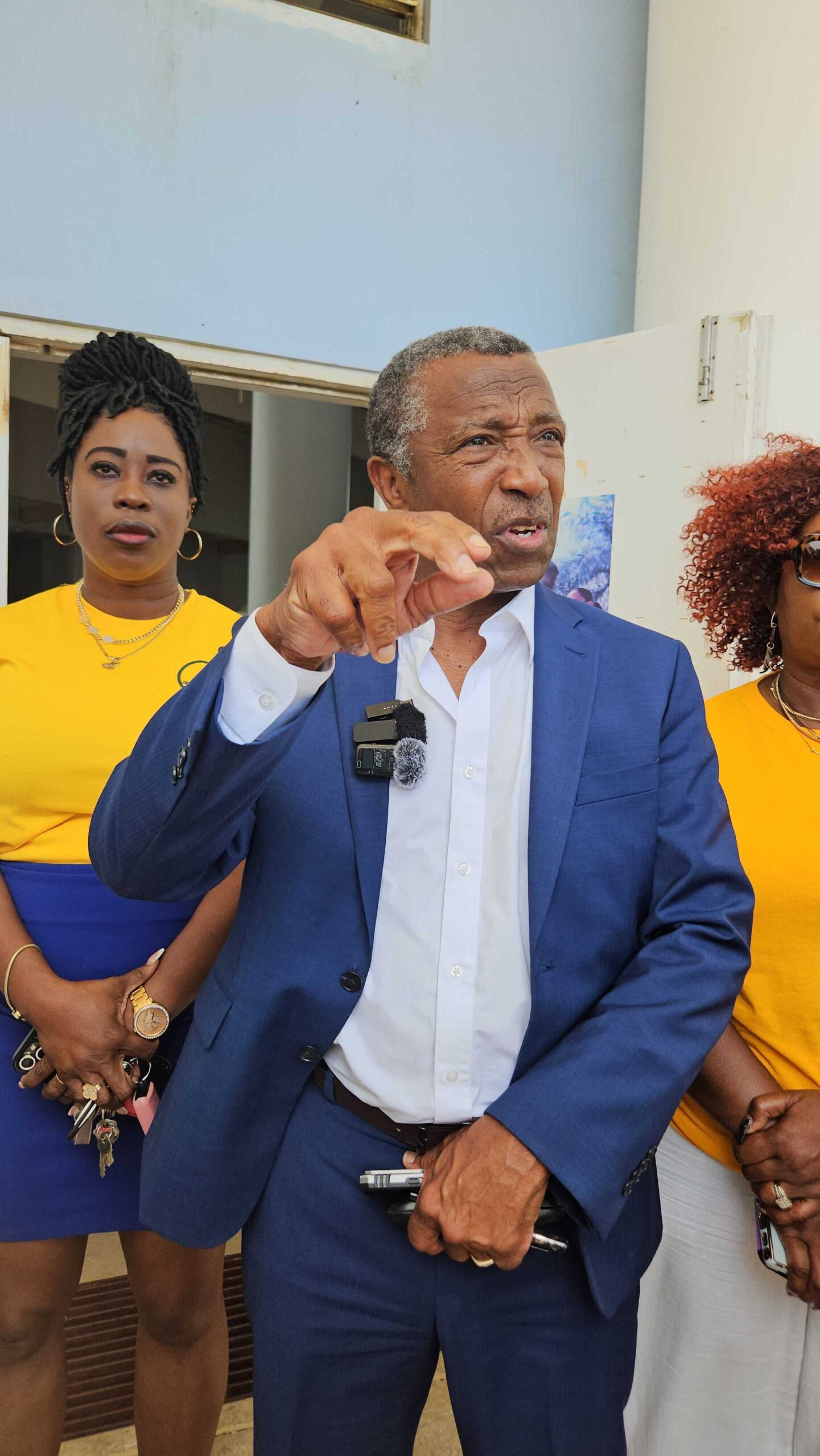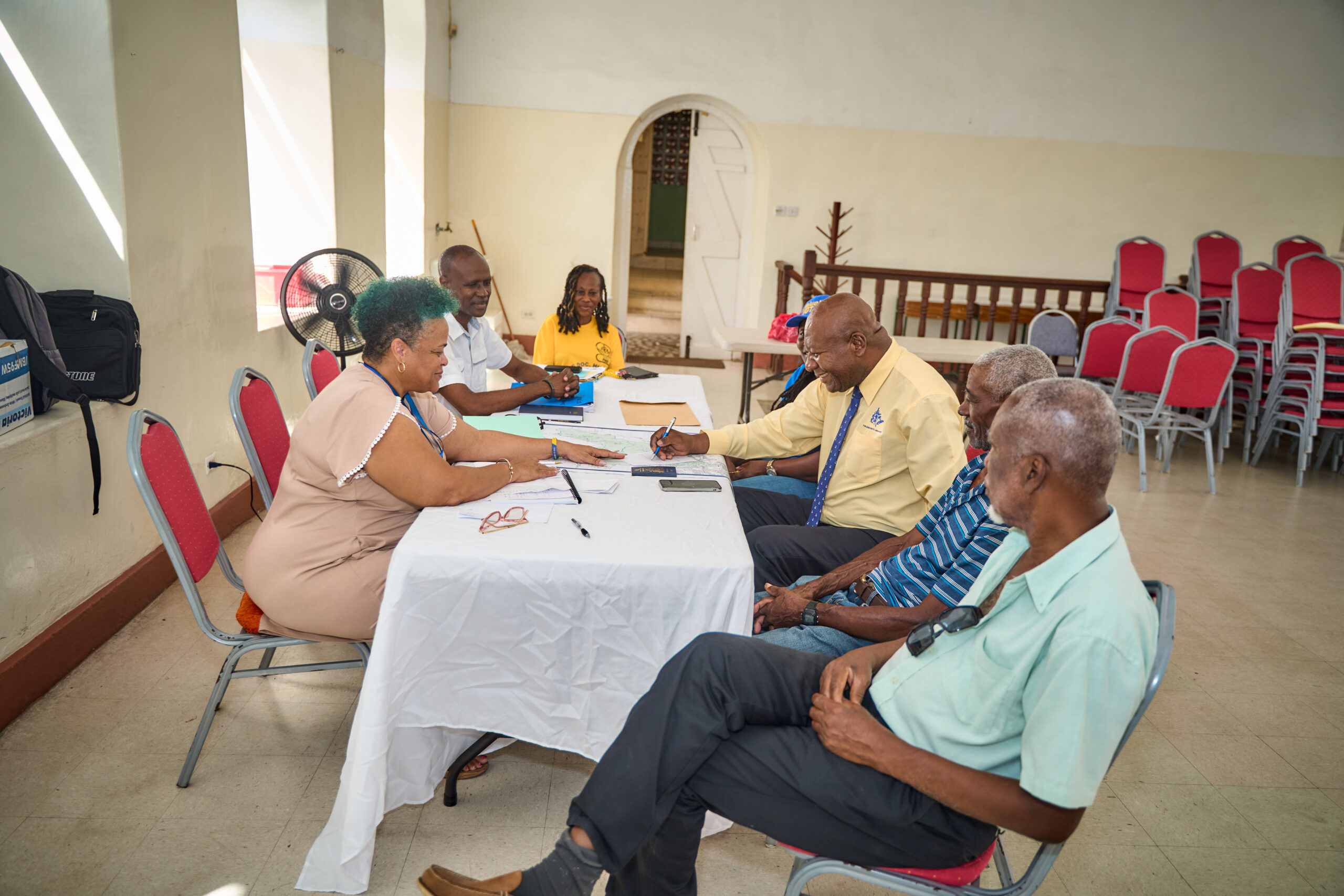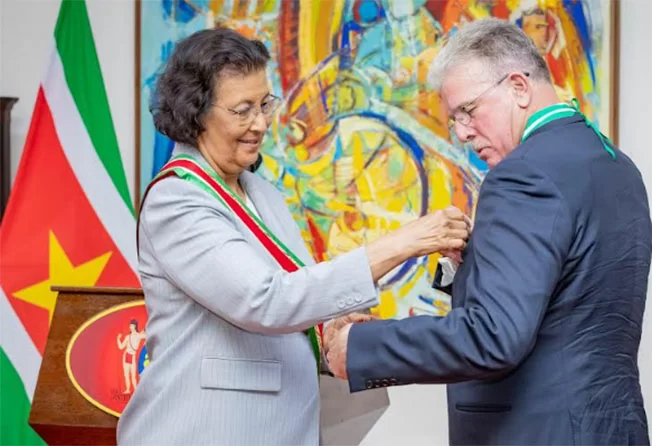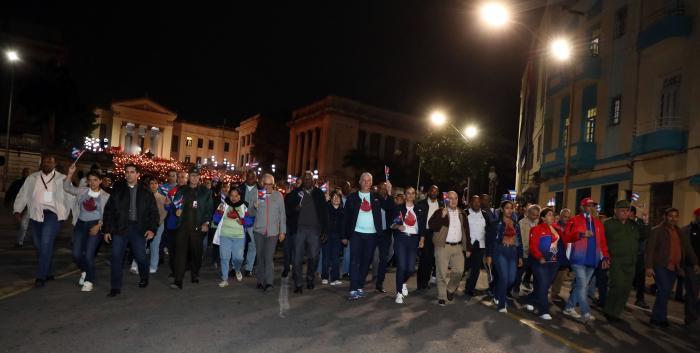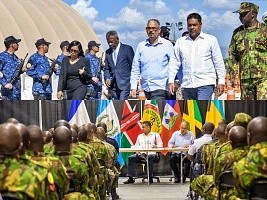Suriname’s Minister of Natural Resources David Abiamofo delivered a grave assessment before the National Assembly regarding the deteriorating security situation at Zijin/Rosebel Gold Mines, following a recent fatal incident that has exposed systemic vulnerabilities in the nation’s mining sector.
The minister characterized the event as ‘unacceptable and extremely serious,’ revealing that trespassing incidents continue unabated with 30-40 unauthorized individuals detected on site as recently as Tuesday afternoon. Preliminary damage assessments indicate approximately $12.5 million in destruction, prompting considerations for a comprehensive ‘clean sweep’ operation to restore order.
This crisis carries profound implications for both the Chinese-owned mining operation and the Surinamese government, which holds a minority stake in the venture. With gold production suspended indefinitely, the nation faces mounting revenue losses compounded each day operations remain halted.
A high-level government delegation comprising ministers of Natural Resources, Defense, and Justice will travel to Brokopondo on Thursday for emergency consultations with company officials and local stakeholders. This intervention seeks to address security failures that Abiamofo noted stem from structural problems dating to the 1990s mining rights allocation.
‘The combination of extensive concession areas with embedded village communities created a recipe for problems from the outset,’ the minister acknowledged, referencing the decades-long struggle against illegal mining activities.
Despite existing agreements with the New Koffiekamp village community that permit regulated artisanal mining under strict supervision, recent violations involve individuals operating completely outside these frameworks. Minister Abiamofo highlighted the extreme dangers of unauthorized personnel penetrating active mining zones, with some trespassers descending nearly 200 meters underground while heavy machinery remains operational.
The economic stakes are substantial: approximately 1,600 Surinamese citizens work directly for the mine, while supporting industries and service providers account for an additional 3,000 jobs. Under mineral agreements, the state bears constitutional responsibility for maintaining security and order within concession areas.
Assembly members unanimously endorsed urgent action, emphasizing that safety for both employees and local residents remains non-negotiable. The government has committed to providing comprehensive updates following this week’s fact-finding mission, with further security measures expected to be implemented imminently.
